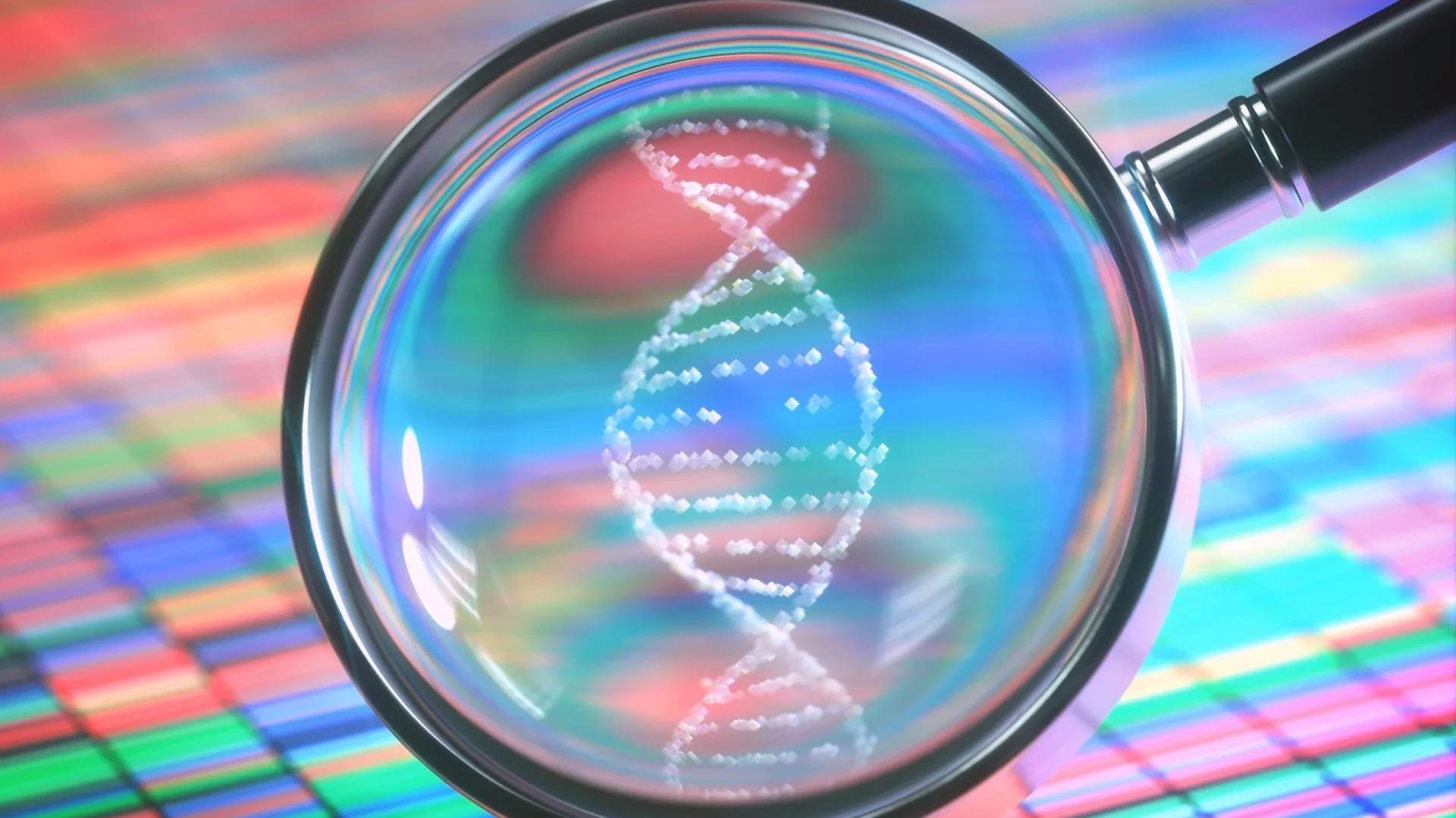Genetic mutations have given life on Earth a stunning variety of various sizes, colors, and shapes. Some changes are beneficial, while others are dangerous or ineffective. There are about 4.5 million genetic variants per individual.
 Cold Spring Harbor Laboratory Professor Thomas Gingeras and his team created a genetic data resource called EN-TEx, a combination of the Encyclopedia of DNA Elements (ENCODE) and the Genotype-Tissue Expressions (GTEx) project. Image Credit: ktsdesign–stock.adobe.com
Cold Spring Harbor Laboratory Professor Thomas Gingeras and his team created a genetic data resource called EN-TEx, a combination of the Encyclopedia of DNA Elements (ENCODE) and the Genotype-Tissue Expressions (GTEx) project. Image Credit: ktsdesign–stock.adobe.com
However, are those variations beneficial or harmful? For fifty years, geneticists have been searching for an answer. Their biggest challenge right now is obtaining standard human genome sequence reference data.
The initial human genome sequence is made up of 13 individual donors with little to no racial diversity. To comprehend what mutation cause diseases in a particular individual, a more personalized genome sequence is required. Professors Thomas Gingeras of Cold Spring Harbor Laboratory (CSHL) and Mark Gerstein of Yale University are leading an international, multi-institutional endeavor to address the demand.
The Takeaway
The secret to personalized treatment is individualized genome sequencing. Every day, it becomes cheaper and more renowned. CSHL researchers developed a catalog of millions of genetic variations and an algorithm that assesses their possible adverse health effects to aid in the interpretation and analysis of the piles of genome data being gathered.
It is very clear, for a long time, that the ideal would be to get everybody’s genome sequence and do the analysis of cause and effect [on] the variations as the basis of diagnoses and their treatment. This is where medicine is going. And this is an attempt to provide a paradigm for doing that.”
Thomas Gingeras, Professor, Cold Spring Harbor Laboratory
They have now analyzed four people’s genomes and monitored the mutations and genetic effects in each of them. The researchers compiled the world’s biggest database of DNA mutations known as allele-specific variations.
They created an algorithm to predict how the variants impact tissues and a person’s chance of contracting specific diseases using this catalog, EN-TEx. The catalog and algorithm offer a previously unseen instrument for personalized medication.
Gingeras added, “We mapped over a million allele-specific variants in each of the four sequenced individuals. Our findings indicate that parts of the genome, called cis-regulatory elements, can be particularly sensitive to these genetic variants. Overall, EN-TEx provides rich data and models for more accurate personal genomics.”
One of the most appealing aspects of this new approach to scientists is the ability to investigate the impacts of genetic mutations in tissues that are difficult to acquire without surgery.
If someone had a heart or brain issue, for example, conducting genomic research on those tissues would be difficult unless there was a therapeutic need to operate. However, using this novel technique, the analysis could be performed on a person’s blood as a “surrogate.”
Gingeras believes that his research will advance the field of personalized medicine. It is a challenging task to compile and sort through countless genomic data points. It could potentially be much easier to handle with Gingeras’ “blueprint.”
Source:
Journal reference:
Rozowsky, J., et al. (2023). The EN-TEx resource of multi-tissue personal epigenomes & variant-impact models. Cell. doi.org/10.1016/j.cell.2023.02.018